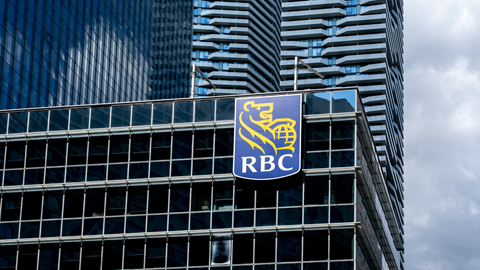“Show us the money” will always be the main investor expectation for the oil and gas industry. But “show us the metrics” on climate and the energy transition is catching up fast, because it speaks to the future ability of the industry to continue to generate returns. Two shareholder votes at the Suncor and Enbridge AGM’s next week will test just how fast.
Until recently, it’s been relatively easy for companies to say they have a net zero by 2050 commitment, since that deadline is far away and there was less agreement on how to measure whether progress is being made. But, recently investors, financiers, and regulators have been tightening up the criteria to assess the credibility of these commitments, and unfortunately, Alberta’s oil and gas industry has been found wanting.
On paper, Suncor has still has a net zero commitment, despite the new CEO’s comments that the company had been overly focused on the energy transition. Independent assessments contradict that sentiment, however. The investor-led Climate Action 100+ recently released an evaluation of ten global oil and gas companies’ transition strategies. While none scored well, Suncor received the lowest score, earning 20% for the quality of its disclosures, 0% for alignment, and 0% for climate solutions.
We filed a shareholder proposal with Suncor to get at this issue of whether the company is truly grappling with the financial risks inherent in ignoring the unfolding energy transition. While setting climate targets is good, even better is showing investors that companies are taking account of potential disruptions in their financial reporting, since this is where the rubber hits the road. Suncor investors are currently in the dark about how its financials will change under various transition scenarios.
This proposal is not a request for Suncor to do something extra, but rather a request for it to live up to current reporting standards. The International Financial Reporting Standard requires companies to consider climate-related matters in their financials when it is material. KPMG, Suncor’s auditor, says that companies may need to provide “key judgements and estimates affected by climate-related matters” to achieve a “fair presentation” in financial statements, when material.
Enbridge also has a net zero commitment, and as primarily a midstream company, in theory has a greater ability to transition into zero or low carbon business lines. But is it doing so? Where this shows up is in its “scope 3” emissions – the downstream emissions of its products or services that occur near the end use. If a company’s scope 3 emissions are going down, it may be shifting its business in line with the energy transition. If the opposite, it’s likely going in the opposite direction.
Unfortunately, Enbridge is failing to properly report on its scope 3 emissions, masking its business strategy of continuing to invest in new fossil fuel infrastructure at a much larger scale than its renewables investments. The company claims it should not have to report on the downstream emissions from the products in its pipelines since those are not material to the company, even though moving those products is how it generates most of its revenue. That’s the very definition of “material” for investors.
Our conservative estimate is that Enbridge’s scope 3 emissions have risen by 76% in the past 10 years, and its planned, proposed and/or approved future gas transmission projects would increase its associated emissions by another 27%. Our shareholder proposal at Enbridge asks the company to properly report these emissions so that investors are aware of the company’s true approach to the energy transition.
Regulators are also joining in with tightening up climate metrics. Canada’s major financial institutions will already start reporting on their financed emissions – including those of their clients in the oil and gas sector. Consultations are now underway on applying the International Sustainability Standards Board emissions reporting guidelines in Canada, which will ultimately apply to all major companies.
Gone are the days when a glossy ESG report was enough to satisfy investors that a company is on track to sustainability. The energy transition is one of the major economic drivers of business success over the coming years, and accurate, relevant metrics are required to demonstrate whether companies are adapting to the opportunity this presents, or at risk of failing by remaining stuck in the past.



